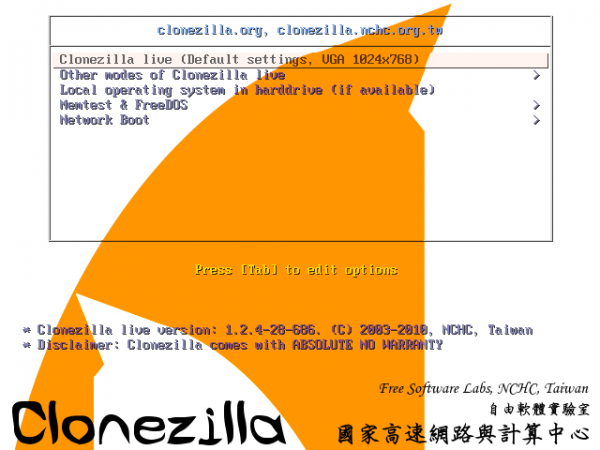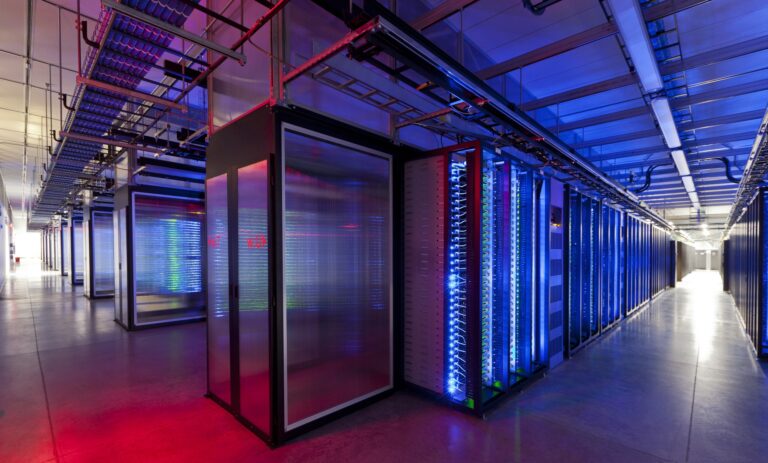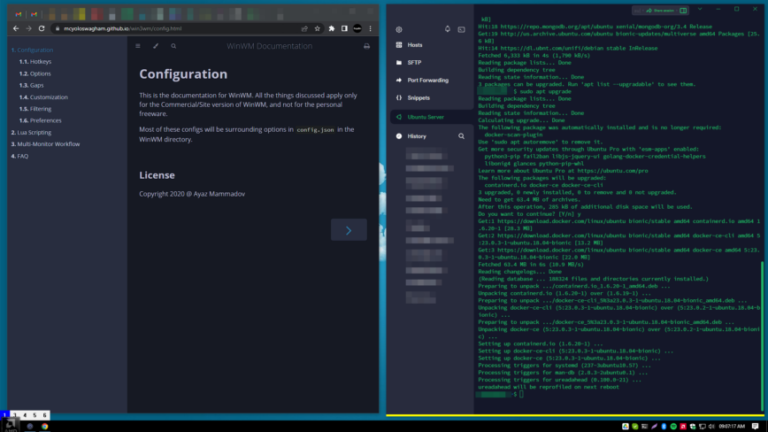Two years ago, one of our online community members discussed some of the reasons behind the slow adoption of PHP 8. One member stated that it’s due to PHP compatibility issues across new releases. In contrast, another put it down to the fact that important software/frameworks did not support PHP 8 until recently. I think there is truth to both those reasons, and that they tie into each other.
PHP 8 was released in November 2020, and as of May 2022 June 2024, about 3% 30% of PHP-based websites currently use PHP 8! It has taken a lot of software/frameworks a long time to reach full PHP 8 support—for example, WordPress, Magento, MediaWiki, Joomla, and others mentioned by Syndesi. In addition, going forward, Microsoft will not support PHP 8.
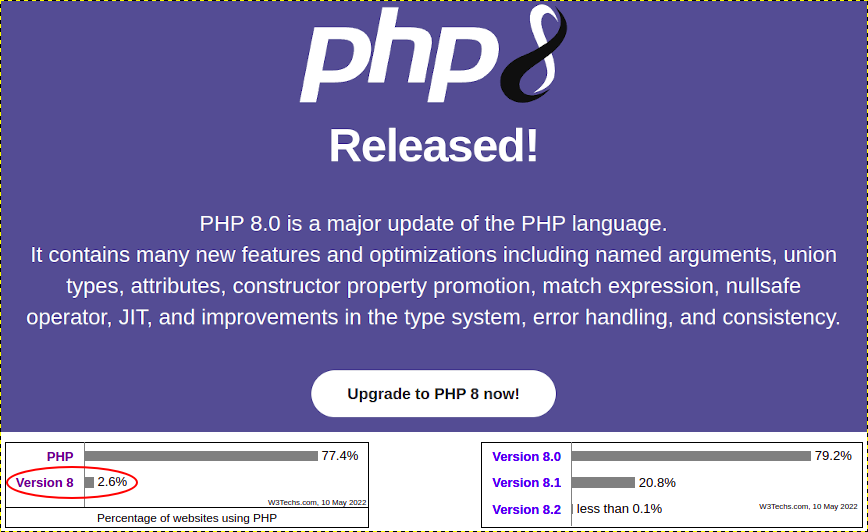
The slow adoption of PHP 8. Why?
Maybe PHP’s lifecycle is too fast for organizations to keep up with? That’s one of the questions that came to mind when I discovered that more than half of all PHP websites are STILL running PHP 7, which loses security support in six months.
Well, not really. It’s not just a PHP problem. It’s across the board. The enterprise space hates upgrading and wants to stay on a currently installed version as long as possible. This is an issue facing many, from Windows 8 to MySQL 8 to RHEL 8. Maybe it’s something about version ‘8’s‘?? lol
Companies are hesitant to upgrade for anxiety of compatibility issues and service disruptions, so they delay upgrades instead. When the upgrade urgency becomes critical, that’s when some companies and small business websites start thinking about upgrading. Still, some just let things run with older, slower and less secure releases as they cling to some security offered by backports.
Take a look at:
Why upgrade to PHP 8?
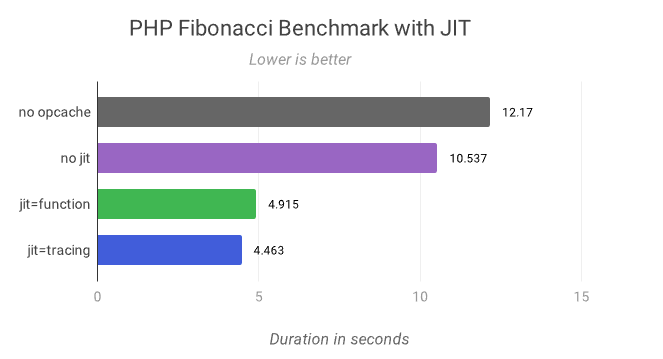
Source: php.watch/articles/jit-in-depth – PHP 8’s JIT is fast!
If you would like to upgrade to PHP 8 now, read this: PHP 8 Compatibility Check and Performance Tips.
PHP 7 was at least 2x faster than PHP 5.6. As for PHP 7 vs. PHP 8, the improvements are not as drastic but based on many benchmarks; it’s more than enough to be worthwhile. In addition to speed, PHP 8 delivers new features such as the much anticipated Just In Time (JIT) compiler (see above benchmark), other performance optimizations, and built-in/core JSON support, to name a few.
Conclusion
It’s essential to keep PHP up to date from a security standpoint. Faster PHP performance is significant in addition to security because end-users are becoming less tolerant of slow websites and applications. According to various benchmarks around the web, PHP 8 is considerably faster than PHP 7. In closing, it’s time to upgrade your applications to PHP 8!
So why only 3% of PHP websites have installed PHP 8? Well, it comes down to the culture of the industry. It’s not just a PHP problem.
_____
This is a follow-up article to 78% of the web powered by PHP (3% on PHP 8).

